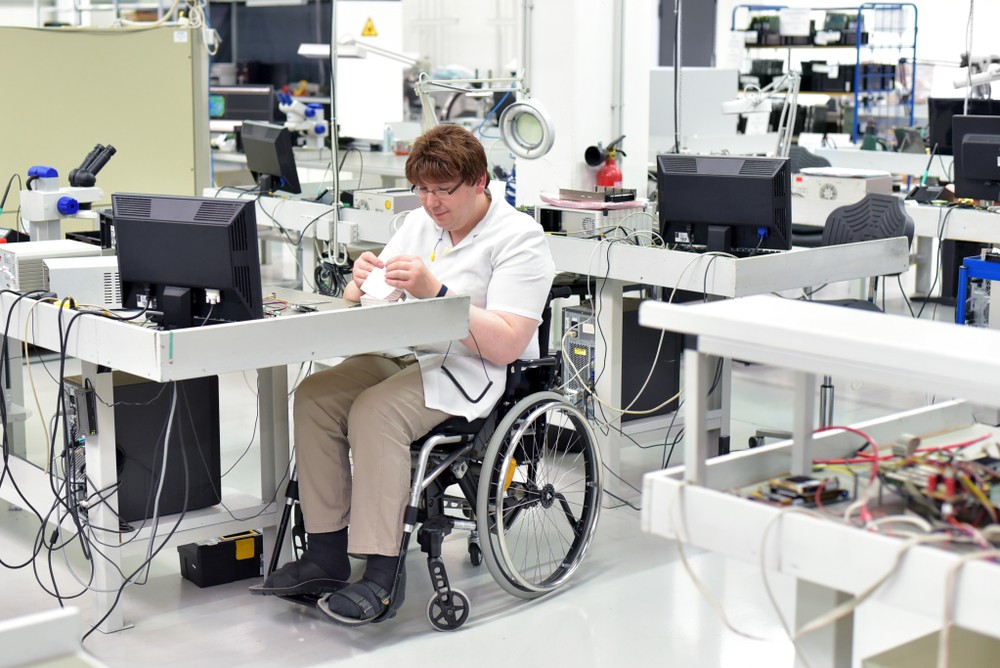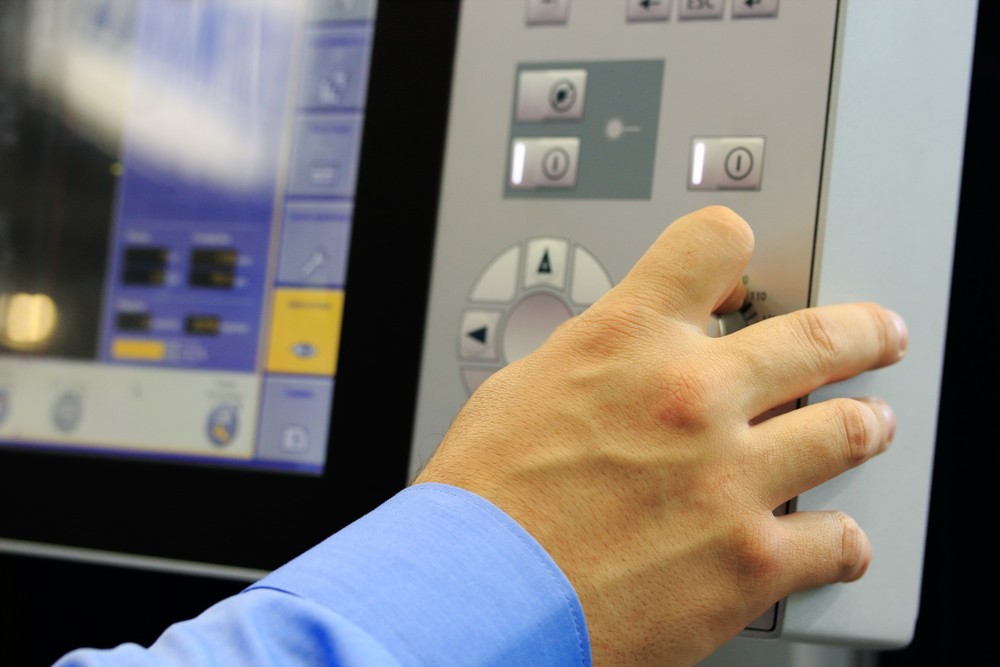Manufacturing Is a Welcoming Career Field for Those with Disabilities

The gap between open manufacturing jobs and skilled workers available to fill them is nothing new. The industrial economy has faced a worker shortage for the better part of a decade now — longer for some sectors. It’s a problem that’s encouraged many solutions. And while most people jump to automation, it’s important to look at manufacturing’s efforts to help those with disabilities find long-term, meaningful work in a field that welcomes them.
Mind over matter
Manufacturing is in its fourth industrial revolution. Today, machines are turning the cranks and doing linework. Humans are behind them — programming robots, assessing data, and interfacing with equipment to produce better results. The transition from mechanical to digital has also meant a shift from brawn to brains.
The transition to more cerebral jobs, coupled with the rise in assistive technologies, has opened the floodgates for job opportunities for those with disabilities. While workers with physical challenges may struggle with positions demanding full physical range of motion and mobility, technology has made performing analytical tasks simple for anyone with the right mindset and education.
HMIs and machine assistance
While automation does play a role in bridging the skills gap, it does so in a supportive capacity for those with disabilities. Human machine interfaces (HMIs) are a cornerstone of Industry 4.0 — robotics handle the work, guided by knowledgeable humans. Often, this is as simple as operating a touch screen or programming an algorithm.

Improved opportunities abound
The Americans with Disabilities Act (ADA) became law in 1990. Since then, there’s been an uptick in employment opportunities for individuals facing physical or mental limitations. In the past 21 months, however, employment has surged even more. With the total unemployment of the economy hovering below 5%, many companies are reaching out to previously overlooked talent pools.
Because manufacturing lacks able-bodied, STEM-focused, qualified candidates in the capacity to fill demand, disabled individuals have naturally found opportunities. Examples include engineers who can’t work a line, but who can program industrial internet of things (IIoT) integrations, and quality improvement managers who may have mobility restrictions, but who are familiar with high-level process improvement concepts. These and more are the types of jobs that can connect both manufacturers and the disabled community.
As manufacturing becomes further digitized, the physical abilities of its workers become less and less of a barrier.
A pipeline to fruitful careers
Many disabled workers are getting their start through progressive placement programs designed with the inception of the ADA. Programs such as the Employer Assistance and Resource Network on Disability Inclusion (EARN) have made it easier for employers to integrate and accommodate disabled workers, while the Work Opportunity Tax Credit incentivizes them to tap into this underutilized group.
As manufacturers look at their unfilled positions, they’re beginning to see the value of an engaged individual — regardless of physical limitations. An applied mind is the most valuable asset in Industry 4.0. With technology more than making up for many workers’ physical limitations, manufacturing is primed to be a fruitful industry for individuals with disabilities seeking lasting careers, upward mobility, and job security.